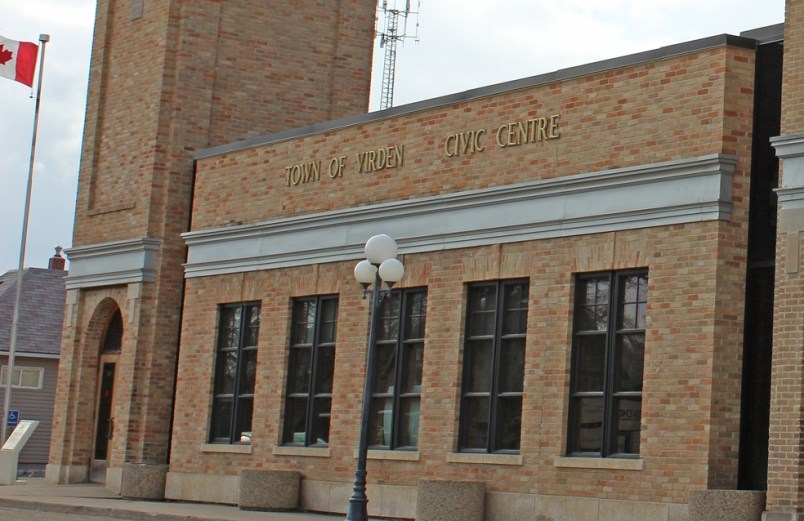Trans-Canada West Planning District Development Officer / Building Inspector Cory Nixon updated Town of Virden Councillors at their recent virtual meeting regarding Bill 37 – The Planning Amendment and City of Winnipeg Charter Amendment Act. Since its first introduction as Bill 48 in 2020, the legislation has undergone some amendments. It has passed second reading and is currently before a standing committee of MLAs.
Bill 37 provides for the establishment of planning regions, which may be proposed by the Minister or two or more municipalities. In deciding where to situate them, the Municipal Board must hold public hearings and consult with the applicable municipalities, however they do not have the option to opt out. The City of Winnipeg and 18 surrounding municipalities will comprise the Capital Region.
'It creates an avenue for larger centres to plan into the surrounding areas and push developing major infrastructure towards larger centres,” Nixon said.
Landowners and developers who disagree with local decisions regarding land use and planning matters, such as zoning amendments, conditional use applications and development agreements may challenge them by filing an appeal with the Municipal Board. The Board, comprised of provincial appointees largely from urban centres, may overturn a council’s decision, while council is responsible for the costs of the appeal.
Nixon takes issue with the erosion of the decision-making authority of locally elected municipal councils in addressing planning matters that are important to their community. He thinks the legislation has the potential to create upset ratepayers and rifts if, for example, a conditional use request is granted on appeal and the ratepayers do not want it in their area. New development could be bogged down by frivolous appeals, or simply getting them heard could take undue time as they are added to what the Municipal Board is currently responsible for.
Deputy Mayor Tina Williams feared that the legislation could end up creating rivalry among municipalities, pitting one’s wishes against another’s. "I worry there could be one group of municipalities ganging up against somebody else," she said. "We don't want that development, but we can vote to put it where you are; or we want it so we can vote that you don't get it." Williams also thought that by applying the same principles across-the-board, the province is trying to fix what isn’t broken.
“I think they’re having huge issues between Winnipeg and surrounding municipalities, and this is how they see they’re going to fix it,” she said. “But they… hoist it on the whole province to make it happen instead of just fixing where the problem is. Winnipeg and its rural neighbours aren’t known to get along, and I think we’re the ones who are going to suffer for it. I think these are local decisions that need to be made locally."
Meanwhile, Coun. Travis Penner sees some merit in putting the appeal process in place.
"As a developer, I don't mind seeing that it is appealable,” he said. "Too many developments over time that I've been witness to have been dealt with on the basis of emotion, rather than common sense. Often a loud, noisy crowd can swing a decision."
The Association of Manitoba Municipalities is presently encouraging their members to provide their feedback to the province. Coun. Tara Cowan’s motion that Council convey its concerns with the legislation and its impact on the municipality in writing passed unanimously.




